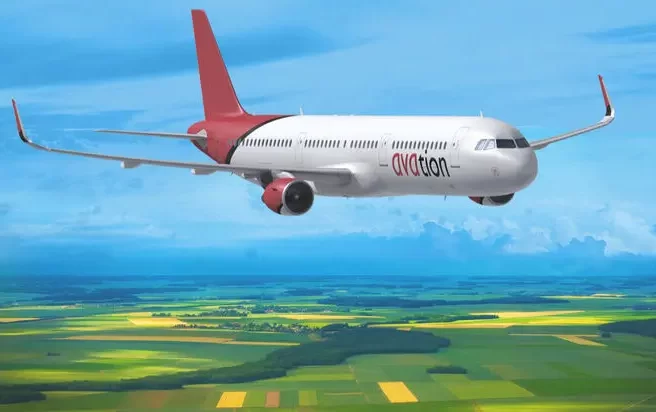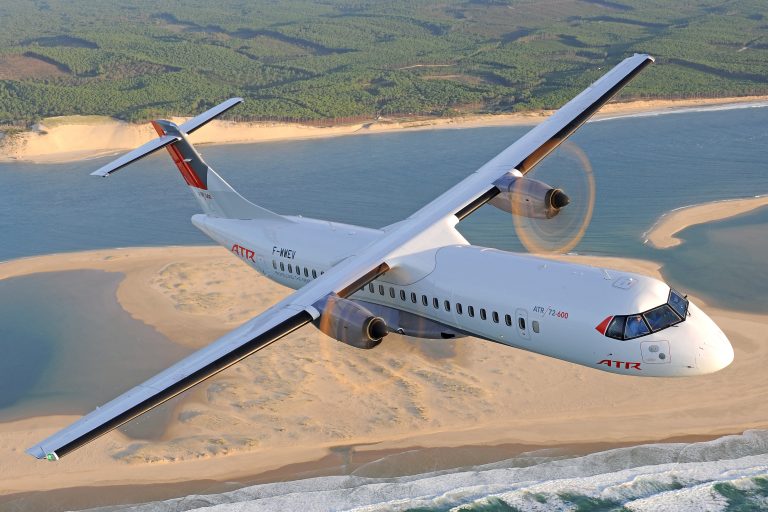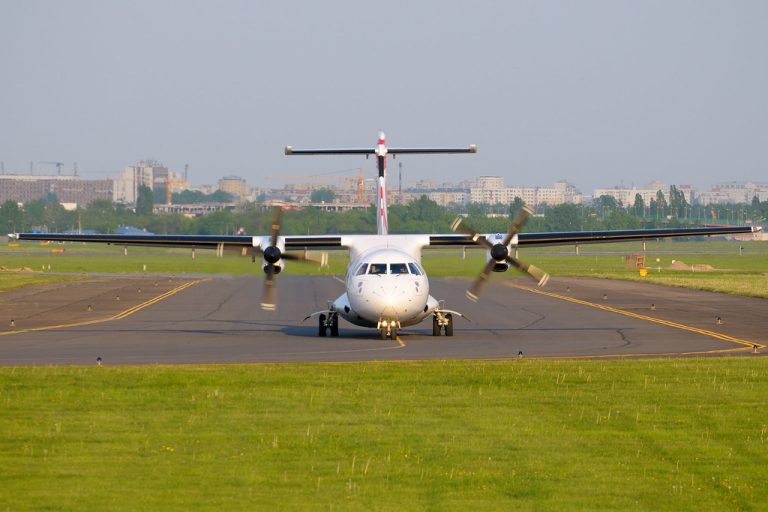Avation plc (LON:AVAP) Chief Commercial Officer Soeren Ferre caught up with DirectorsTalk for an exclusive interview to discuss the atmosphere in the airline industry, the regional aircraft market, ATR demand, the broader market, and areas of growth for the future.
Q1: Avation has attended the biggest leasing conference on the calendar, which was in Dublin last month, what was the general atmosphere in the airline leasing market and what is it at the moment?
A1: The atmosphere was actually surprisingly extremely good, it’s probably been one of the most optimistic conferences I’ve ever attended in a long, long time so it was a nice surprise. Interestingly enough, it came from actually almost every region in the world that’s good news.
Q2: In particular then, how do you see the regional aircraft market in terms of turboprops and small narrowbodies, A220s and e-jets?
A2: On the turboprop, I think we already addressed that matter in our last fall but I think since, the situation has actually improved even further. I think we have reached a stage now where there are basically almost no used ATR’s in the market available and we see that many operators now are looking at securing new planes are willing to pay higher rates because there’s nothing else available. So, that’s going well.
We also see that on the small narrowbodies, or even all the narrowbodies, I think the demand is there, we see definitely renewed interest from airlines but also from lessors or investors into the A220.
The market is actually so bullish today that also we see some genuine interest on aircraft which in my opinion are less marketable like the e-jets, which traditionally have a smaller customer base. Even for those aircraft, we see that there is a significant amount of demand.
Q3: So, especially for the ATR market in which the group is strong, how do you see demand, supply production rates, and what’s visible in the future?
A3: The supply is basically inexistent, there’s nothing available. If you’re looking for aircraft, we were actually talking about potentially taking two aircraft from one of our existing customers and we discussed that with some operators in in Dublin. Almost within two days, we had two interested parties willing to take the aircraft for a long time so that’s how desperate the market is.
We know of a number of parties who are looking for anywhere between six to ten aircraft in the next two or three years which, in the regional market, is actually a big fleet so it’s going very well. The demand is there for sure, there is no supply, there is no actual supply of used aircraft, every aircraft which is supposedly coming back on the market will be probably extended by the existing lessees and there are only just a few available slots coming from the manufacturer.
On top of that ATR, because of the outcome of COVID and the decisions it took during COVID, is having a fair amount of issues with its supply chain so their targets in terms of increased production is actually falling short. They were hoping to deliver more than 40 aircraft this year, they end up at 36, they were hoping to deliver 50 aircraft in 2024, the numbers I’m hearing is between 40 to 45 so they’re falling behind. When you talk to suppliers of critical parts, such as engines landing gear, it’s quite clear that this lack of availability from the manufacturer is going to last two or three years.
Q4: Are there any clouds on the horizon for the broader market?
A4: Well, the broader market the answer is no. Obviously you always face issues like a geopolitical risk with the situation escalating between Russia and Ukraine, in the Middle East, why not China, so that can always happen but in terms of pure market, I think it’s going fairly well.
Obviously, one has to be a bit concerned with the level of inflation, if there is too much inflation, it could have actually an impact on the number of people who are traveling because air travel is actually fairly price sensitive.
I think the main issue we have seen occurring, I would say in the last six months, is actually more related to currency. There are a number of countries in emerging markets that currency have issues with getting US dollars, our lessors are expressed in US dollars so we need to be paid in that currency. Some countries like Bangladesh, Nepal, Myanmar, smaller countries, struggle to get their hands on foreign currency. The airlines have money but they cannot export.
Q5: Are you seeing any particular areas of growth over the next few years?
A5: Yes, I think we’re going to get more of the same but I think in in the context of the ATR market, because ATR is more or less in the monopoly situation.
I think basically the only 70-seater turboprop in the marketplace, there are a number of airlines who are operating its natural competitor the Q400 and many airlines who are operating Q400s cannot find additional aircraft because the aircraft is not being manufactured anymore. So, it’s fair to assume that there will be a large number of
operators whose fleet is aging, who are going to look for a replacement and the natural replacement for the Q400 will be the ATR, as long as range is not required.
So, I think we could see some airlines Quantas, Icelandair, they’re some airlines who are operating big fleets of Q400s, transiting to a different turboprop.
Q6: Now, for Avation investors, which parts of the market are you being cautious about and which parts do you see as being attractive?
A6: In current markets, I think it’s very hard to make a mistake because the market is very bullish so we’re going to see that probably aircraft values going forward are going to increase. They’re going to increase naturally for two reasons:
The first one is because investing in aircraft actually is a protection against inflation because your aircraft residual value or end of lease value is going to be inflated, together with inflation. At the same time because the lease rates keep on increasing, the lease attached and the value attached to the aircraft with the lease is going to increase so I think it’s going to go well.
I think the main thing where an investor has to be careful is basically not to be over optimistic, looking at some particular aircraft types where if there is a downturn, some aircraft are going to suffer more than the others. So, you have to be careful investing in aircraft types which are not produced anymore, you have to be careful about investing in aircraft types which do not have a very large and diverse customer base, so it’s basically you have to be worried about the basics of investing in aircraft.








































